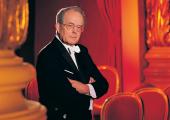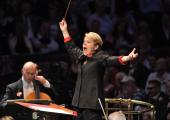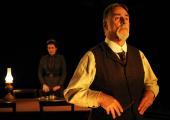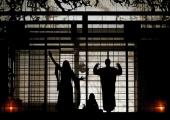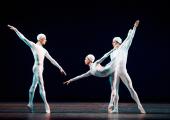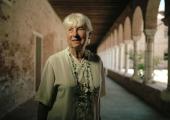The Audience, Gielgud Theatre
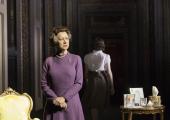
Helen Mirren returns, triumphantly, as Her Majesty to spar with Prime Ministers from Churchill to Cameron
Catching rabies from a corgi, living on a council estate, becoming an uncommon book addict, painting the town red, incognito on VE Day, parachuting into East London on a date with James Bond... what a strange fantasy life our Queen has led.*


